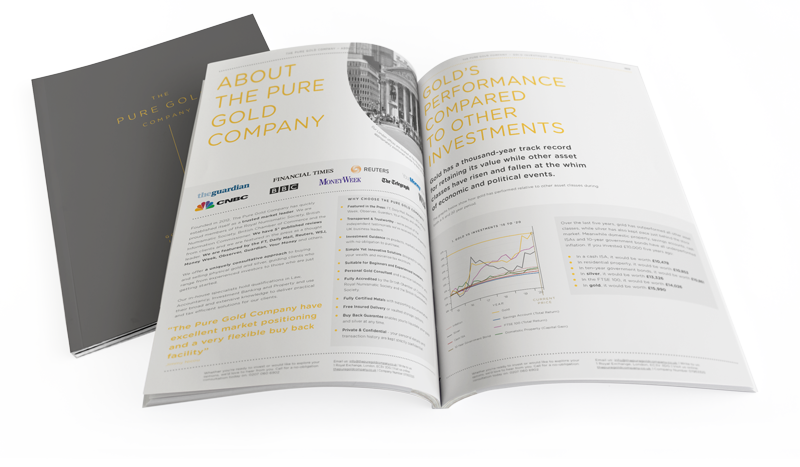The events of the past year have been life-changing for many people. Repeated lockdowns have diminished social, financial and educational circles and created a malaise of monotony and anxiety.
Against this backdrop, it is understandable that people will be looking towards the summer when society begins to open up and recover from the stresses of the pandemic. Holiday demand surged following Boris Johnson’s roadmap to reopening, but are people jumping the gun? Is the idea of freedom clouding sound judgement when financial stability is not assured?
Haves and have nots
The pandemic has affected many people’s mental health in one or another. The Office for National Statistics has recorded a decline in lifestyle satisfaction since the start of the pandemic, reaching an all-time low in January 2021, with a slight uptick in February but still well below levels seen even in the first national lockdown. Anxiety also remains stubbornly above pre-pandemic levels although there are signs of an easing of this pressure as the vaccine rollout continues to prove successful.
The financial impact of the pandemic has been more irregular. Some have found their jobs move online and unspent commuting and entertainment costs have accumulated. Others have been less fortunate with their income stream and have found themselves struggling just to pay the bills. “By December 2020, nearly 9 million people had to borrow more money because of the coronavirus pandemic; the proportion borrowing £1,000 or more also increased from 35% to 45% since June 2020,” according to the ONS.
With a confirmed end to the COVID-19 lockdown restrictions (on the proviso that the infection rate remains low), there is a strong desire to make the most of this freedom. Retailers and service providers are allowed to reopen next month, indoor venues in May and the rest of England in June which will go some way to reviving the fortunes of those people still employed. But even those who find themselves on the other side of the job divide, all will feel the need for a well-deserved break.
“Should we? Shouldn’t we?” Holiday Fever
It may be tempting to grab the opportunity by maxing out credit cards to fulfil the pent up demand and desire to escape somewhere different, but being profligate in the current climate may not be wise.
The UK government will have spent £355 billion in the fiscal years 2020-21 according to the Office for Budget Responsibility. This represents a peacetime high, which has served to prop up social and economic viability. Many of the support measures have been extended beyond June, and this will cost the country a further £234 billion in the forthcoming fiscal year.
When the props are removed, like the furlough scheme, the self-employed income grant, the business rates holiday and the stamp duty holiday, the impact on companies and employees will be significant. Even though estimates for unemployment have improved marginally since last years forecast of 7.5%, the OBR still expects a further 500,000 people to lose their jobs this year, peaking at 6.5% at the end of 2021.
The 2021 tax-hiking holiday
There are other uncertainties to consider before committing to an exotic holiday. Chancellor Rishi Sunak executed a budget designed not to rip the safety net out from under the pandemic recovery, but to remain realistic in the expectation that this will all have to be paid for at some point.
The cost of the economic bailout will have long-term consequences for employees and businesses alike. The measures planned include tax hikes for companies and a stealth tax on workers. Millions more will be drawn into new income tax brackets because tax thresholds won’t rise for several years.
Booking ahead
The National Lockdown easing announcement in February prompted a surge in holiday bookings well before anyone knew if or when we would be able to travel. Details of whether a vaccine passport will be introduced remain unclear, from both the UK and into or out of other European countries, some of which are experiencing another surge in virus cases as their vaccine programmes stall. If the rules on travel change or quarantine requirements are introduced, refunds may be difficult to secure as travel companies look to transfer bookings instead.
Transport Secretary Grant Shapps has said that it was too early to book a foreign holiday for the summer, but that he would publish a global travel task force report on April 12 to provide guidance on restrictions.
Securing safety during uncertainty
The third lockdown has been the hardest to endure, coming in the bleak midwinter after a summer of optimism in a virus-weary society. It is understandable that many people are considering doing whatever has to be done to enjoy a well-deserved break. But it is still necessary to be prudent in the face of so much uncertainty.
Investing before the storm
Blowing the budget on a trip abroad may sound like the perfect outlet for a post-corona party but it is wise to keep a portion of any savings, investments or credit in hand just in case. For those who have managed to save rather than spend during the pandemic, consider a long-term store of value like physical gold to ensure you have a financial cushion if we aren’t out of the woods yet.


